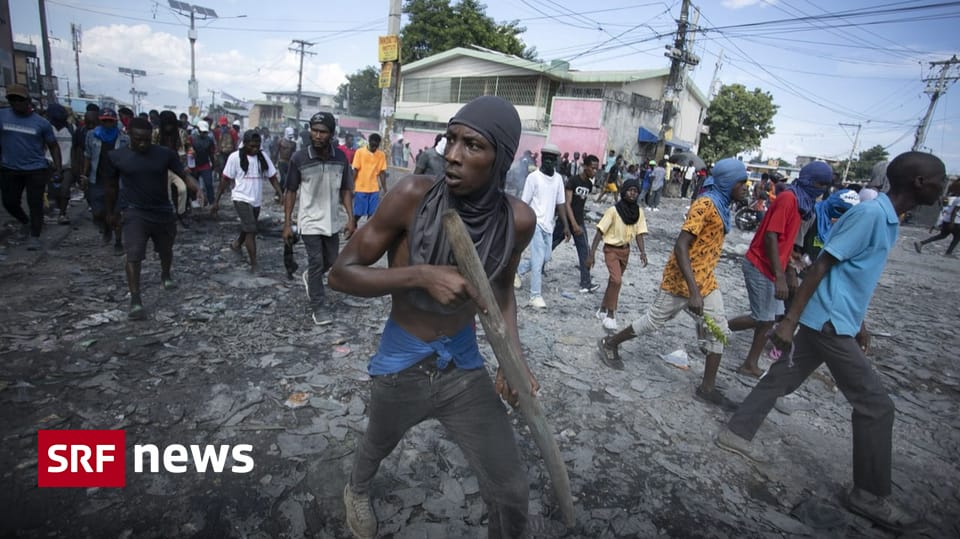
Introduction
The current situation in Haiti is critical, marked by political instability, economic challenges, and social upheaval. Understanding these issues is crucial not only for Haitians but also for the international community, as they have far-reaching implications for regional stability and global engagement with Haiti.
Political Turmoil
Haiti has been facing a protracted political crisis since the assassination of President Jovenel Moïse in July 2021. The void left by his death has led to a power struggle among different factions, resulting in a government that struggles to maintain order and governance. Currently, Prime Minister Ariel Henry leads an interim government that has been criticized for lacking legitimacy and failing to address pressing national issues. The controversial decision to delay elections further exacerbates feelings of unrest among the population.
Economic Challenges
On the economic front, Haiti remains one of the poorest nations in the Western Hemisphere, with about 60% of the population living below the poverty line. Inflation rates have skyrocketed, particularly for essential goods. This economic distress is aggravated by rampant gang violence, which has disrupted trade and hindered foreign investment opportunities. According to the World Bank, Haiti’s economy contracted further in 2023, and recovery seems elusive in light of ongoing instability.
Social Issues and Humanitarian Concerns
The humanitarian situation in Haiti is dire. As violence escalates, so does the displacement of citizens, with thousands of individuals fleeing their homes. A recent report from Human Rights Watch highlights an alarming rise in kidnappings and violence, leading to widespread fear among families. Humanitarian organizations are struggling to provide aid, and the situation is exacerbated by the effects of climate change, including deforestation and increased natural disasters.
International Response
The international community has been urged to take a more active role in stabilizing Haiti. The United Nations has proposed a peacekeeping mission to combat gang violence and restore order, but this has met with skepticism regarding its effectiveness. Additionally, countries in the region, including the Dominican Republic, are grappling with the influx of Haitian migrants seeking safety and better living conditions.
Conclusion
The ongoing challenges in Haiti require urgent attention and response from both local and international actors. As the nation grapples with its political, economic, and social crises, comprehensive strategies are needed to address the root causes of instability. The future of Haiti hangs in the balance, and the outcomes of these crises will be pivotal for the Caribbean region’s stability and the broader international community’s engagement. Continued vigilance and support from global partners are essential in seeking a resolution to the complex issues facing this resilient nation.



